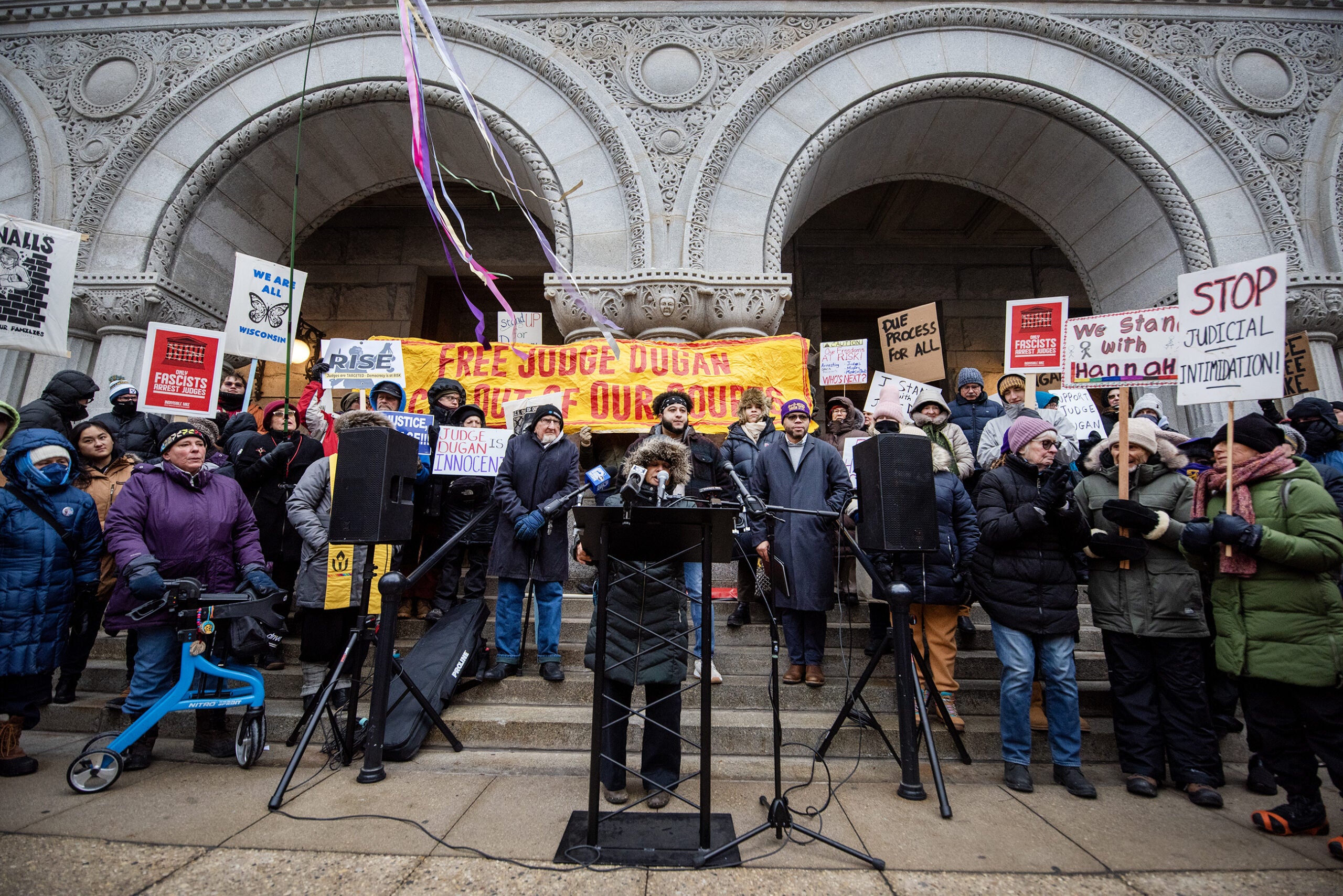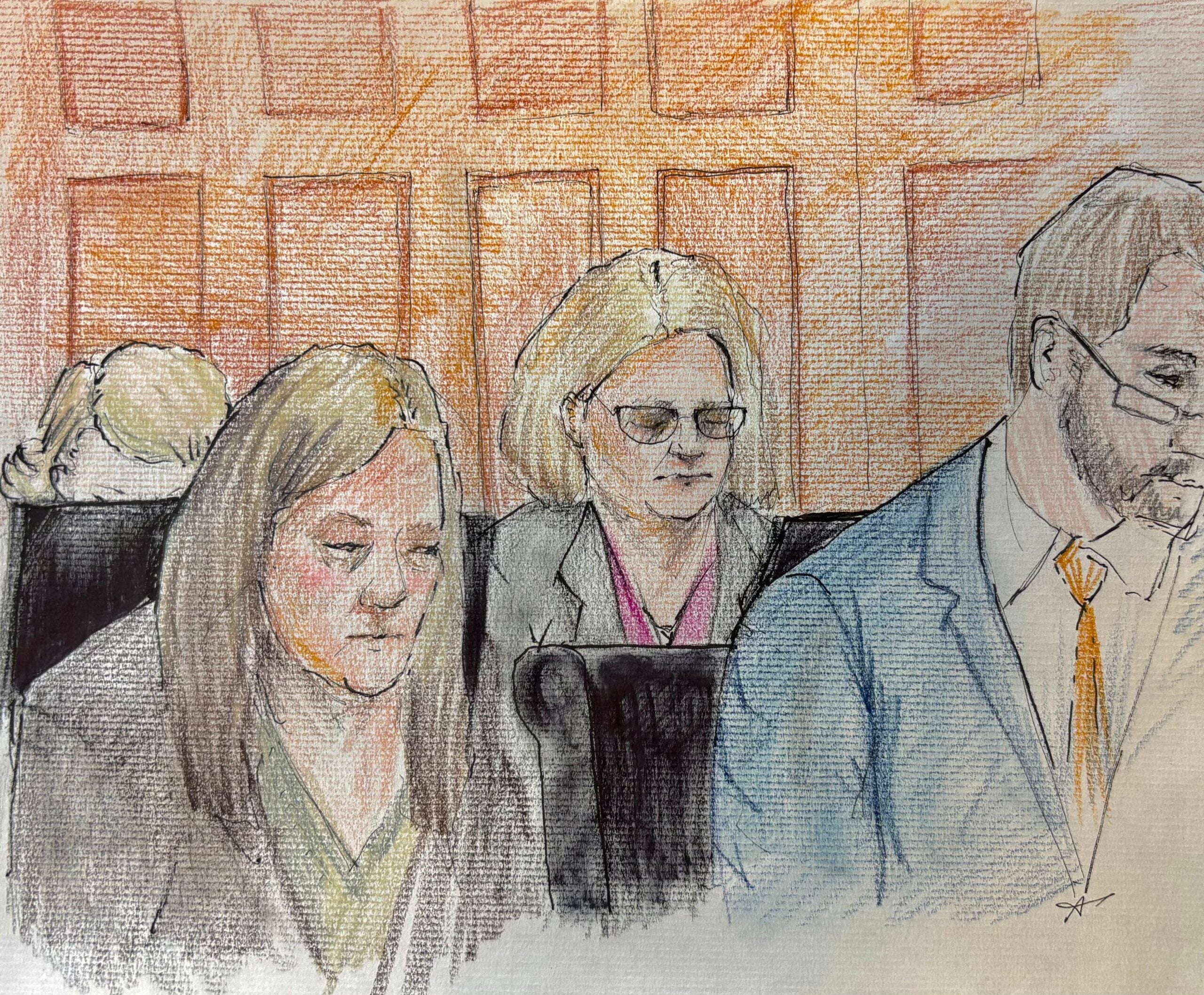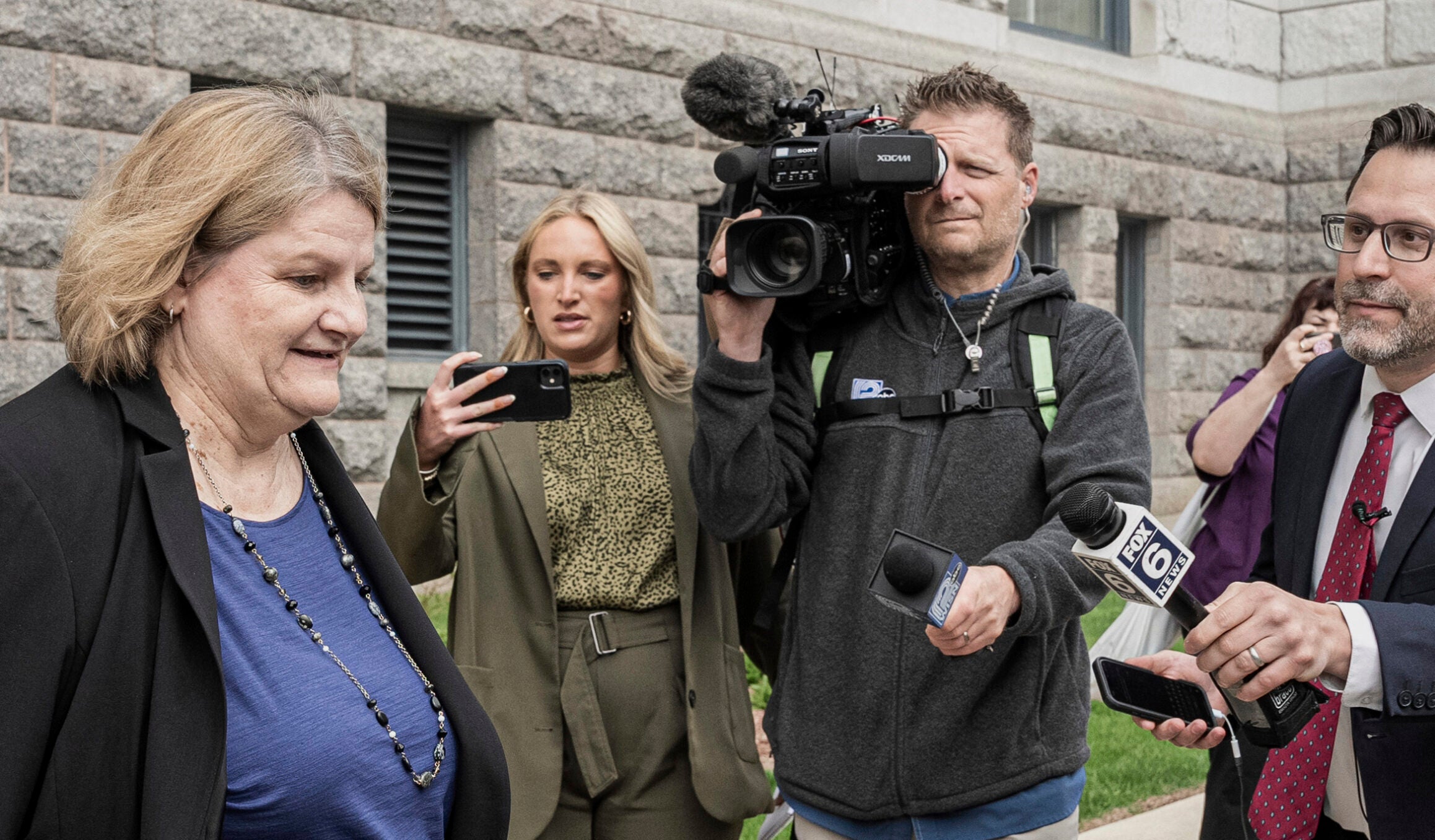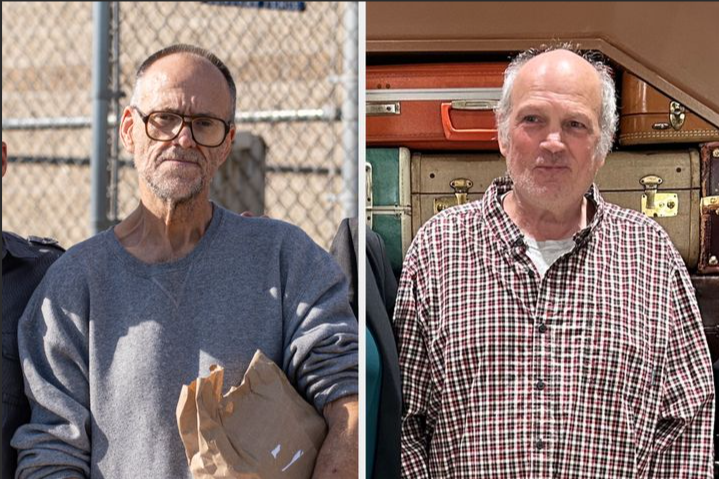A Brown County judge who sentenced six men to life in prison for a killing 20 years ago will consider granting one of them a new trial this week.
Lawyers for 64-year-old Keith Kutska will present evidence in hearings beginning on Wednesday that they say suggest the death of Tom Monfils was actually a suicide.
In November 1992, Monfils’ battered body was discovered at the bottom of a pulp vat at the James River Paper Mill. He had a rope with a 50-pound weight tied around his neck.
News with a little more humanity
WPR’s “Wisconsin Today” newsletter keeps you connected to the state you love without feeling overwhelmed. No paywall. No agenda. No corporate filter.
In 1995, Kutska and five other fellow paper plant workers were convicted of the murder. One, Mike Piaskoski, was freed in 2001 when a federal appeals court found there was insufficient evidence to tie him to the crime. The five others are all eligible for parole, but have consistently maintained their innocence.
This week, a forensic pathologist will challenge the original autopsy report that found Monfils’ death was a homicide. Kutska’s attorneys also said that that a police detective bullied witnesses into lying about the events leading up to Monfils’ death. An attorney for the detective calls the allegation a fishing expedition.
Judge James Bayorgeon, who will preside over Kutska’s bid for a new trial, is the same judge who sentenced him and the other millworkers in the original trial.
Much of the evidence that will be presented this week was gathered by the authors Denis Gullickson and Mark Gaie, who wrote the book “The Monfils Conspiracy: The Conviction of Six Innocent Men.” The book challenges the theory that police and prosecutors based their investigations on to win convictions of Kutska, Piaskoski, Dale Basten, Rey Moore, Mike Hirn and Michael Johnson.
In an interview last March with Green Bay Press Gazette reporter Paul Srubas, Police Detective Randy Winkler defended the theory and the reliability of the information that he got from witnesses that led to the convictions. He also refuted allegations made by Gulickson and Gaie that he bullied witnesses into lying.
Wisconsin Public Radio, © Copyright 2025, Board of Regents of the University of Wisconsin System and Wisconsin Educational Communications Board.






